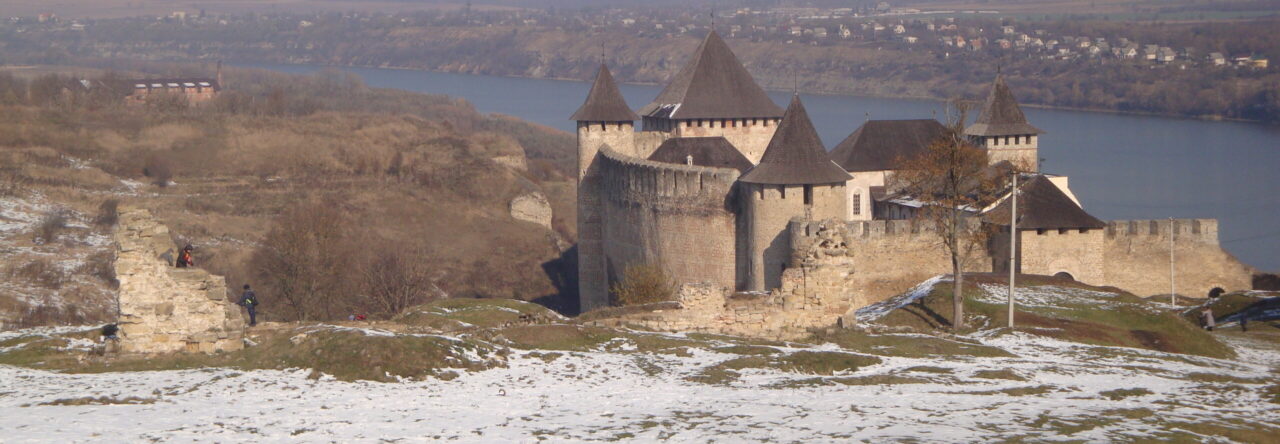Researchers in Russia expect growing isolation as Vladimir Putin embarks on six more years as president.
Russian President Vladimir Putin has secured a fifth term in office, claiming a landslide victory in the country’s presidential election on 18 March. Election officials say he won a record 87% of votes. This outcome came as a surprise to no one, and many international leaders have condemned the vote as not being free or fair.
Researchers interviewed by Nature say that another six years of Putin’s leadership does not bode well for Russian science, which has been shunned globally in response to the country’s ongoing invasion of Ukraine, and is on precarious ground at home. Those still in Russia must choose their words carefully: as one scientist, who wishes to remain anonymous, put it, “business as usual” now includes possible prison time for offhand comments.
Publicly, Putin’s government is a big supporter of research. In early February, at a celebration of the 300-year anniversary of the Russian Academy of Sciences, Putin bolstered the academy’s role, effectively reversing parts of a sweeping reform that limited its autonomy he oversaw in his third term. And at the end of last month, he signed an update to the 2030 national science and technology strategy, which calls for funding for research and development to double to 2% of gross domestic product, and stresses an increased role for applied science amid “sanctions pressure”.
Despite being made before the election, these big announcements were framed not as campaign promises but as top-down directives, says Irina Dezhina, an economist at the Gaidar Institute for Economic Policy in Moscow. “The fact that it was set in motion back then implies no one really expected any changes at the helm.”
Fractured landscape
Although domestic support for Russian science, which remains mostly state-funded, appears to be strong, many collaborations with countries in the West have broken down since the invasion of Ukraine, prompting a shift to new partners in India and China.
After intense internal discussions, CERN, the European particle-physics powerhouse near Geneva, Switzerland, voted in December 2023 to end ties with Russian research institutions once the current agreement expires in November this year. And the war has severely disrupted science in the Arctic, where Russia controls about half of a region that is particularly vulnerable to climate change. A study this year gave a sense of how collaborative projects could be affected by losing Russian data: excluding Russian stations from the International Network for Terrestrial Research and Monitoring in the Arctic causes shifts in project results that are in some cases as large as the total expected impact of warming by 2100.
Reports also suggest that political oppression combined with the threat of military draft have led to a ‘brain drain’ among scientists. Getting an accurate headcount is challenging, but a January estimate by the Latvia-based independent newspaper Novaya Gazeta Europe, based on researchers’ ORCID identifiers, says at least 2,500 researchers have left Russia since February 2022.
Researchers who stayed in Russia have had to contend with serious supply-chain disruptions as well as personal risks. And international sanctions on Russia might have hit even the most productive scientists: according to a January 2024 paper co-authored by Dezhina, which surveyed some of the most published and cited Russian researchers, three out of four of them report at least some fallout from sanctions, mostly economic ones.
Russia’s isolation has particularly affected the medical sciences, because it means that international clinical trials are no longer held there, says Vasily Vlassov, a health-policy researcher at the Higher School of Economics University in Moscow. He fears that being cut off from the global community will erode Russia’s expertise in this fast-moving and technically complex field: “It’s a problem we have yet to fully appreciate.”
Researchers in the social sciences and humanities are less dependent on overseas partners, but they are affected by increasingly nationalist ideology, says a Russian researcher who asked to remain anonymous. When reviewing articles for publication in Russian journals, the researcher says, they are seeing an increasing number of submissions blaming problems in research and higher education on ‘the collective West’, a common propaganda term. “It’s everywhere, and it’s poisoning minds.”
Uncertain future
The election outcome serves as a reminder of the ongoing war and the openly totalitarian environment in Russia, says Alexander Kabanov, chief executive of the Russian-American Science Association, a US-based non-profit organization. “We are still dealing with an ongoing disaster,” he says.
Yet the impacts of sanctions on Russian science are beginning to fade from public consciousness in other countries. Pierre-Bruno Ruffini, who studies science diplomacy at Le Havre University-Normandy in Le Havre, France, says that academic sanctions and their consequences have “rapidly and completely disappeared” from discussions in the French research community. Dezhina agrees, and adds that, in her experience, even cooperation between individual scientists, once seen as a promising workaround for institutional bans, is on the decline.
Researchers in exile are working on an alternative to the state’s vision of the future for Russia and national science. A policy paper published earlier this month by Reforum, a European project that aims to create a “roadmap of reforms for Russia”, presents a to-do list for revitalizing Russian research. Three out of five of the tasks listed focus on bringing it back into the international fold. The policy paper’s author Olga Orlova, a science journalist and editor-in-chief of the website T-Invariant, thinks that scientists in Russia have a part in building that future.
“They shouldn’t be afraid of the change — they should be working for it,” she says.
Source: Nature
